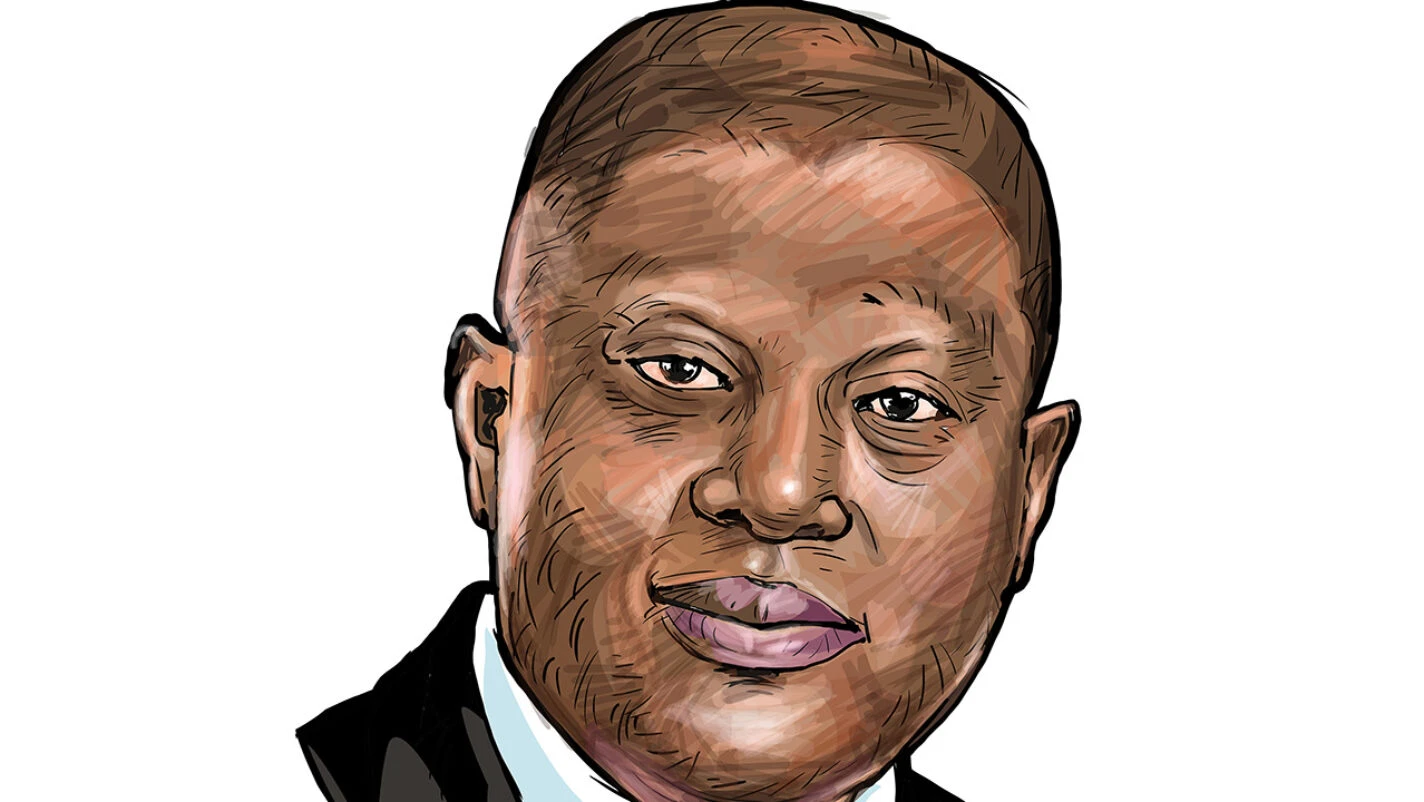 Olugbemi. Adeyinka Ogunleye
3 weeks ago
Olugbemi. Adeyinka Ogunleye
3 weeks ago
Overview
Stable FX market and continuous search for a stronger naira
Policies by the Central Bank of Nigeria (CBN) are undoubtedly stabilising the foreign exchange market as well as improving the foreign reserve outlook. But there are questions on whether a N1000/$ is achievable and what a sustained N1500/$ means for the economy. While there is obvious stability in the exchange market as official and unofficial rates converge, the settling of naira above N1,000 is discomforting for most Nigerians, especially the manufacturing sector, which has continued to grapple with the high cost of production.
The year 2025 is described by many as the year of the naira. At the weekend, the Nigeria Economic Summit Group (NESG) shared its optimism, saying ongoing reforms and policy intervention by the CBN would ultimately push the value of the currency to N1300/$ this year – a significant improvement on the current exchange value but far from N1000/$ many consider should be the target.
Amid the projection, a strong and stable foreign reserve will play a crucial role. For context, before President Bola Tinubu assumed office, data from the Central Bank of Nigeria (CBN) indicated that Nigeria’s external reserves fell by $2.85 billion in the first half of 2023 due to external debt finance, among other challenges.
The apex bank also revealed in its figures on movement on foreign reserves that the reserves, which commenced January 3, 2023, at $37.07 billion, fell to $34.22 billion as of the end of June 26, 2023 – barely one month into Tinubu’s administration. At $38.7 billion, the exchange rate is not considered a red flag, but improved oil production and a more aggressive export growth programme are exchanged to help in further accretion.
The CBN’s policy, while it resulted in the low value of the naira, delivered foreign market stability, the inflow of foreign portfolio investments, increased foreign reserves and spearheaded the return of investors’ confidence in the Nigerian economy. The CBN bank has intensified its market interventions, increasing foreign exchange supply to retail consumers, mitigating market distortions and effectively managing and growing foreign reserves.



